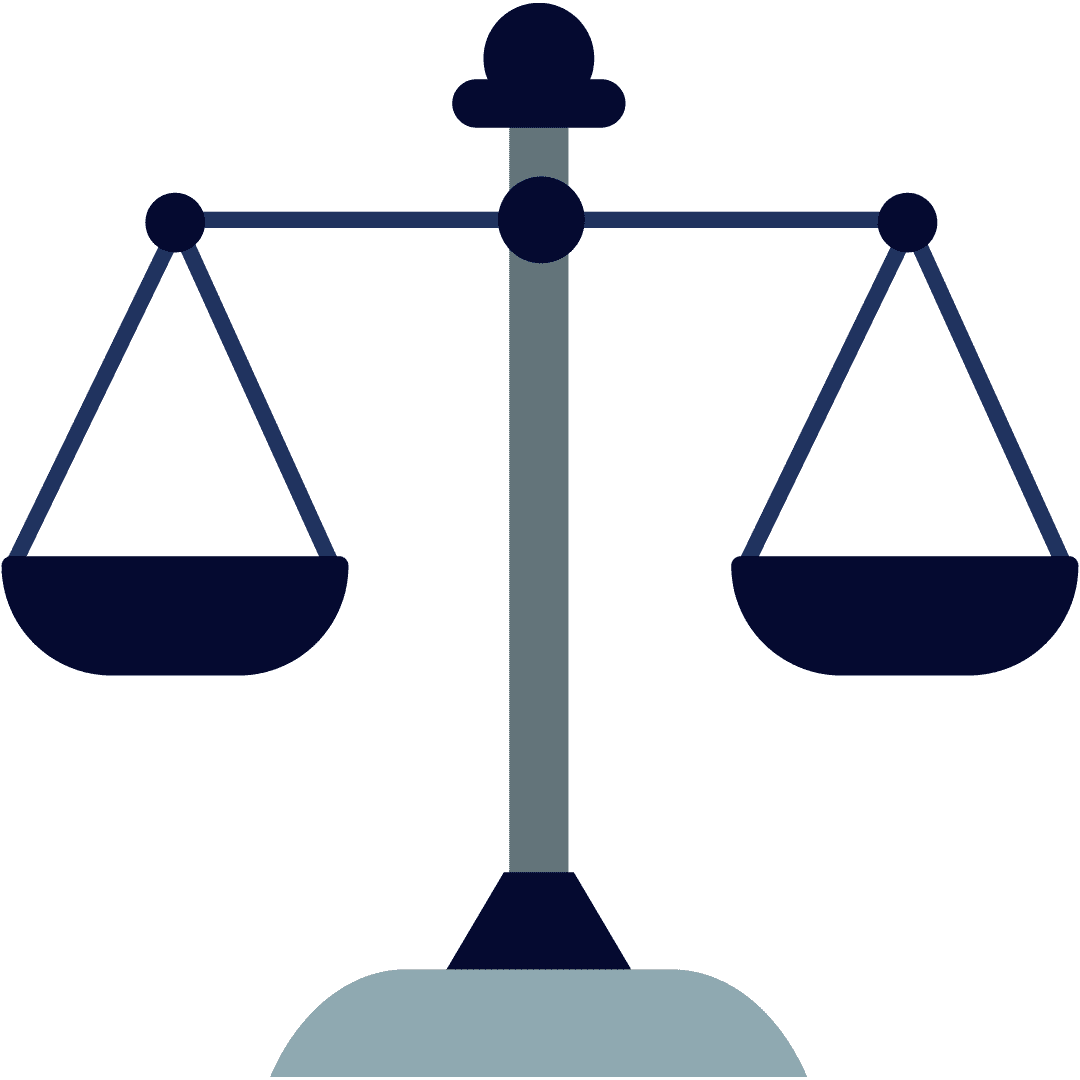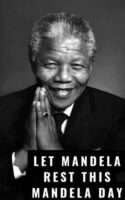As Born-Frees, we are often scathing in our critique of the Rainbow Nation and those who ushered it in. We bemoan and callously deride the works of Nelson Mandela, particularly. “He sold us out. We achieved political freedom but not economic freedom,” we say. While these sentiments remain true and are important in our quest to build a nation from the ruins of this myopic nightmare we find ourselves in; as we approach ‘Mandela Day’ in a few days, I would like us to take a more sympathetic approach to Madiba.
When Nelson Mandela came out of prison in 1990, he was 72 years old and had spent 27 years of his life imprisoned. Twenty-seven years! He, along with other prisoners on Robben Island, was not consciously aware of what was happening in the country, except from new prisoners who would bring information. They probably thought, on many occasions, that Robben Island would be their dying place. Madiba was then brought out into the storm, which was the dying days of the Apartheid regime, where chaos and violence were the order of the day.
Perhaps, as young people, we fail to see him as a human being dealing with circumstances that are not of his making. The impact of institutionalisation on the psyches of imprisoned people is well studied, and when you look at Mandela through the lens of the trauma of that long imprisonment and then subsequently being released and becoming a superstar almost overnight, with crowds cheering his name and expecting him to herald freedom, it is a daunting and overwhelming picture.
Because of the lack of information shared between different generations, we Born-Frees seldom hear of Mandela, the Statesman and heroic President in the 1990s. To put it mildly, Mandela was probably the most respected and thoughtful president we have ever had. His cabinet respected him and showed it in their work ethic. There are stories of Mandela holding cabinet meetings and calmly demanding his ministers pull up their socks. He also had the respect of the people, all people, in this country. He commanded it with a sense of wisdom and graciousness that we have never seen again.
It’s also important to mention the tragedy of Mandela in his final days. He became a mascot and, whether willingly or not, was used by the ANC (African National Congress) to further the Rainbow Nation propaganda. He was used as a tool of faux unity even up until his dying day.
We, as young people, have much to be angry about when critiquing the CODESA negotiations to end Apartheid and the ways in which Apartheid still persists. But let’s remember that Mandela is not the only one to blame, and let’s also be clear that he wasn’t making these decisions alone.
For this Mandela Day, could we please let him rest?
Tell us, what lessons can today’s activists and leaders take from Mandela’s life and presidency?



